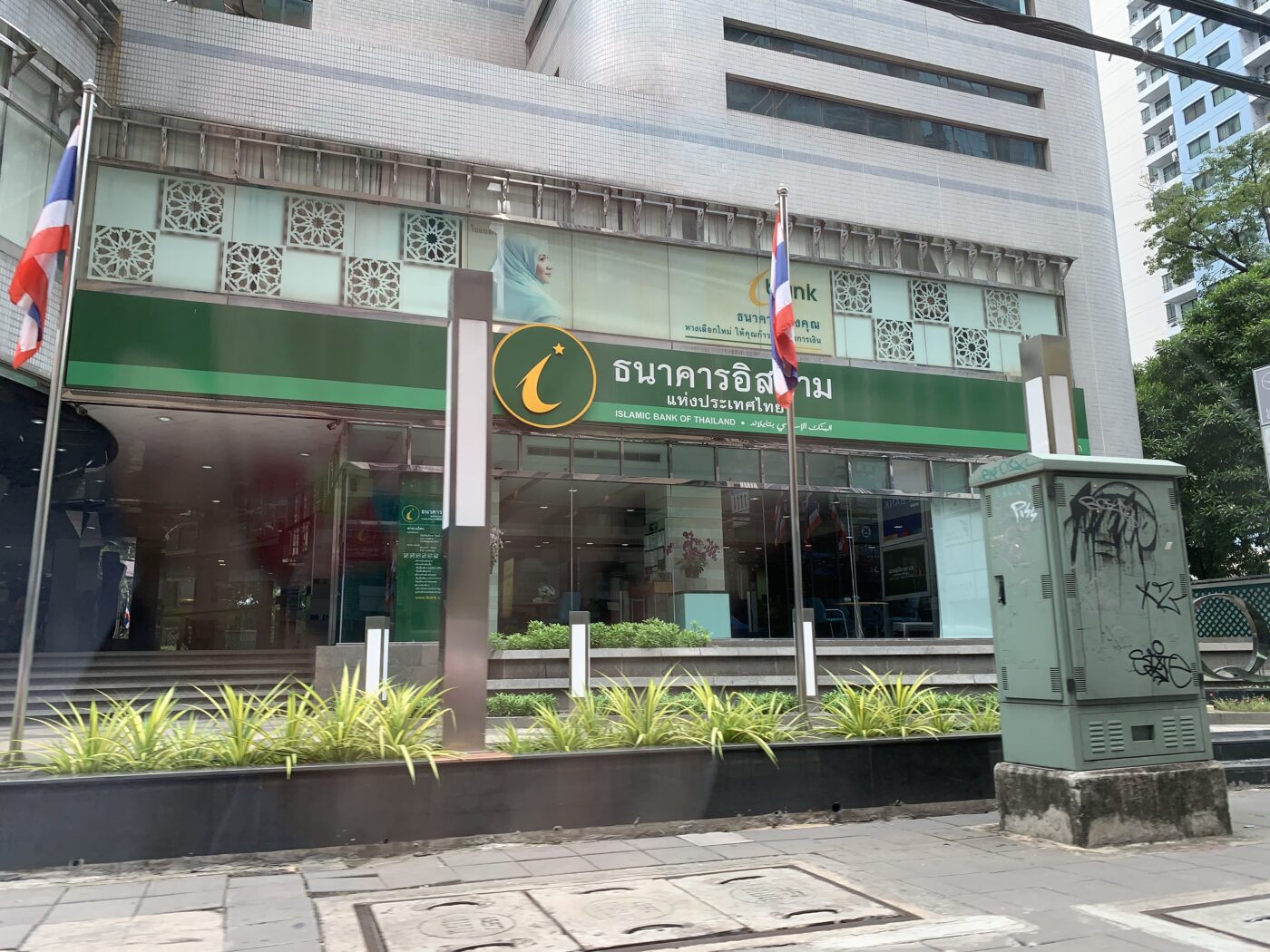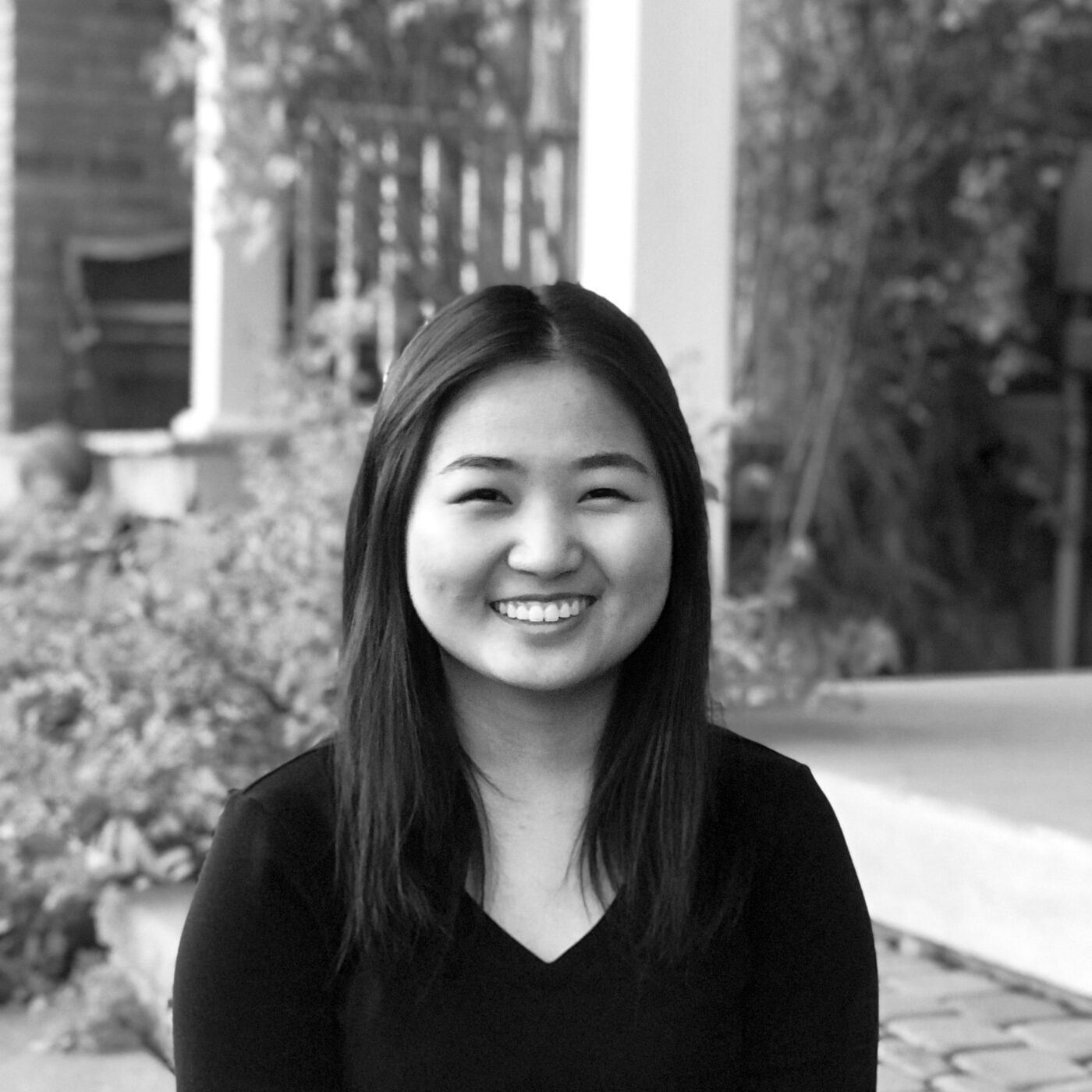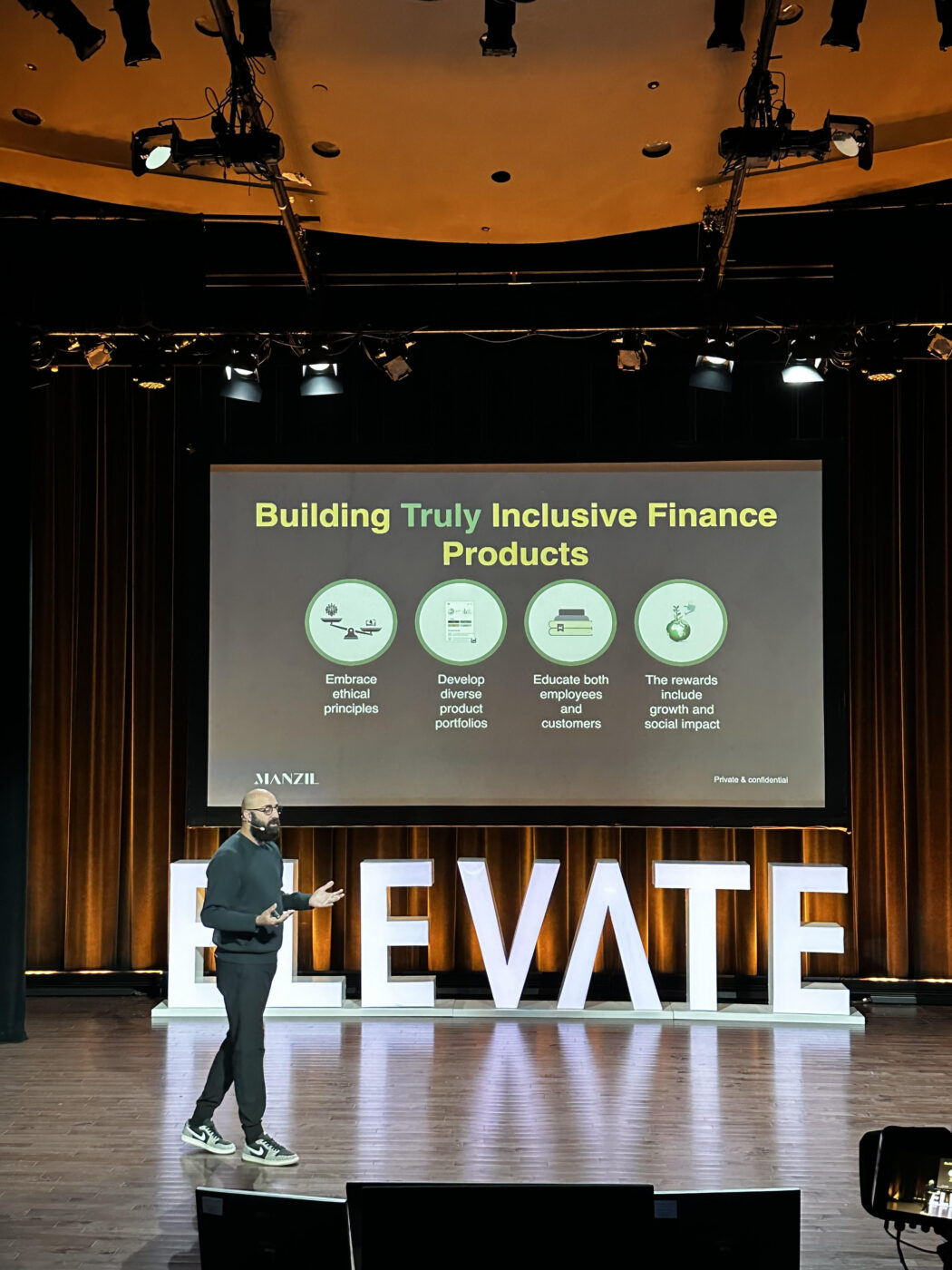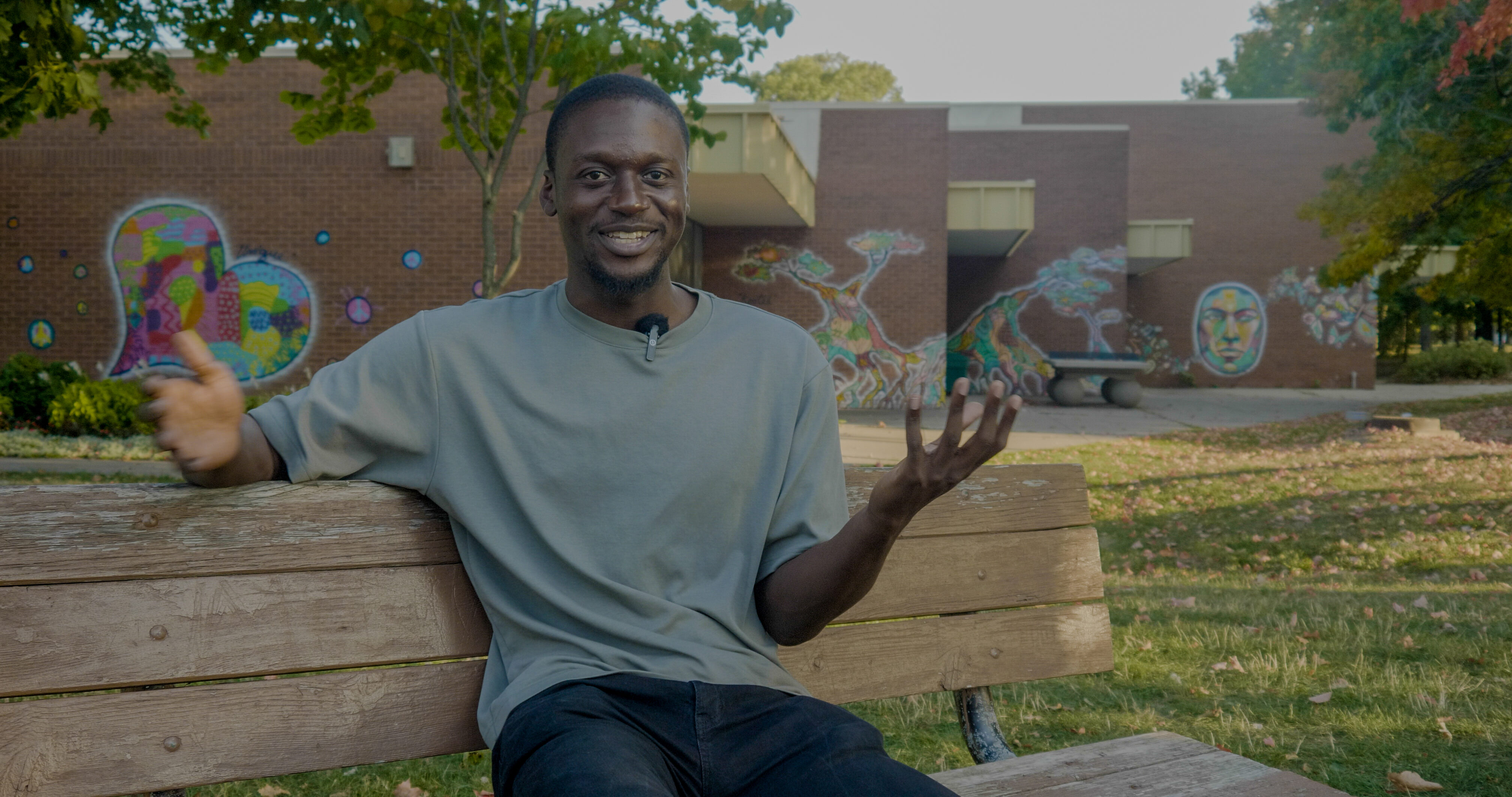THE GREEN LINE
ORIGINAL STORY
HALAL BANKING: THE DIFFICULT SEARCH FOR ISLAMIC FINANCIAL OPTIONS IN TORONTO
Muslims are struggling to find faith-based solutions for their personal finances in the city.

The Islamic Bank of Thailand in Bangkok, Thailand. There are limited halal financial products in Canada.


LANXIN JIANG
Chinese-Canadian based in Oakville, and currently working in the non-profit space supporting Social Purpose Organizations with capacity-building. Passionate about storytelling, impact measurement and bubble tea.
December 21, 2023
Sarah Rana, a recent graduate from University of Toronto, was hoping to find financial planning options that were aligned with her faith.
Despite saving up her income from internships and paying off student loans, the 23-year-old struggled to find a financial product that fit her needs.
"[Financial advisors] would talk about ‘invest in this index fund or invest in these stocks.’ But these stocks — I didn't know if they were halal, meaning ethical companies that are legally allowed in Islam for me to invest in," she explained.
Rana says between juggling work and supporting her family, she doesn’t have time to conduct a deep dive into what she can invest in, or what she should keep her eye on.
But while interning, Rana came across Manzil, a Toronto-based halal financial solutions provider. The company’s products fall under the Islamic finance model, which encompasses services that comply with the Sharia, a body of religious law based on Islamic scripture and principles. Under Sharia, riba — that is, interest charged on loans or deposits — are not allowed. For example, a halal mortgage will not require a lender to pay interest on their loan. Financial activities also can’t result in societal harm so investing in, say, tobacco, alcohol and gambling isn’t permitted. Another aspect of Islamic finance is zakat, which is a requirement for Muslims to provide financial support to charitable causes, and equals 2.5 per cent of an individual’s net worth. Islamic financial products can be used by anyone, even if they’re not Muslim.
Rana now uses one of Manzil’s investment products. "It just gives you a peace of mind that no matter what financial situation I'm in — at least have some money to put aside to do whatever I want with it in the future," she says.

Mohamad Sawwaf, CEO and founder of Manzil, giving a speech at the Elevate conference in Toronto about his company's financial products.

One of Rana’s goals is to help her family achieve more long-term financial stability by buying a house under their name. Currently, her parents are renting a house and paying rent every month, which she describes as feeling “very unstable.”
Manzil provides halal mortgaging options, such as musharakah financing and murabaha financing. In musharakah, financial institutions like Manzil will purchase an asset (i.e. a house) in partnership with the homebuyer. The financial institution will then sell the shares it owns to the homebuyer for an agreed-upon price. In murabaha, the financial institution will purchase the asset entirely, and then sell it to the homebuyer for a higher price that includes its profit.
Halal mortgages comply with Sharia, which means they don’t involve any form of interest, and follow Sharia principles related to fairness and transparency. This is a financing option for Muslims who would like to buy a house, but don’t want to compromise their faith by securing a mortgage from a conventional bank that requires interest. Halal mortgages provide them with an alternative to renting a house, so they don’t have to worry about being evicted by landlords. It also gives them an opportunity to purchase an asset that can be passed down to future generations, which helps generate multigenerational wealth.
With access to products like musharakah and murabaha, Rana says her goal of helping her parents buy their own home is looking more realistic. "I feel like I would be able to finally afford putting down a mortgage, but in a halal way,” she says.
But an overall lack of financial services that comply with Sharia principles in the Canadian market means Muslims are excluded from most day-to-day banking activities, says Mohamad Sawwaf, founder and CEO of Manzil. He describes this as a financial-exclusion problem, citing Muslims "limiting themselves to only getting a checking account because this does not derive any interest” as one example.
The Canadian government's 2023-2025 Immigration Levels Plan outlines a goal of welcoming between 430,000 to 542,500 immigrants in 2024, and between 442,500 to 550,000 in 2025. For those from Muslim-majority countries, where Islamic finance is prevalent, navigating a different set of banking practices poses another barrier to settling in Canada. With this increase in immigration targets, Sawwaf sees his company playing a role in "educating at the surface of what is Islamic banking, and kind of allowing people to understand what services are available."
A lack of halal financing options is only one financial barrier that newcomers face when arriving in Canada, according to Walid Hejazi, a professor of economic analysis and policy at University of Toronto’s Rotman School of Management.
For example, Hejazi explains, a new immigrant may want to earn a microcredit from a postsecondary institution to gain skills for a job, but will likely face many challenges along the way.
“There's one microcredential that we do [at Rotman]; it's called MBA essentials. It's $2,500, and it takes about six weeks, and it's done online,” he says. “But if I'm a new immigrant to Canada, especially if I'm married with a child, and I'm just trying to pay the bills, how do I get $2,500? It's not as easy as one might think.”
Looking to the future, Rana says she’d like to see more options for halal mortgages. Last year, Sawwaf says Manzil's halal mortgage waitlist had more than 12,000 people, which he estimates to be valued at $6 billion.
Creating more financial options that comply with Sharia "taps into multiple issues that we're currently facing in Canada, that being [the] level of housing affordability, housing accessibility," he added.
Sawwaf argues that more stakeholders — including all levels of government, banks, mortgage insurers and the Canada Mortgage and Housing Corporation —will need to be brought to the table to help make hala mortgages mainstream.
"Financial inclusion, you know, DEI (diversity, equity, inclusion), SRI (socially responsible investing), ESG (environmental, social, governance) — like all of those things — can be addressed with this one solution,” he said. “Bring this model to scale and in front of every Canadian out there.”
For her part, Rana joined the halal mortgage waitlist, but isn’t holding her breath. “I don’t think I’m getting off it anytime soon,” she said.
Fact-Check Yourself
Sources and
further reading
Don't take our word for it —
check our sources for yourself.
